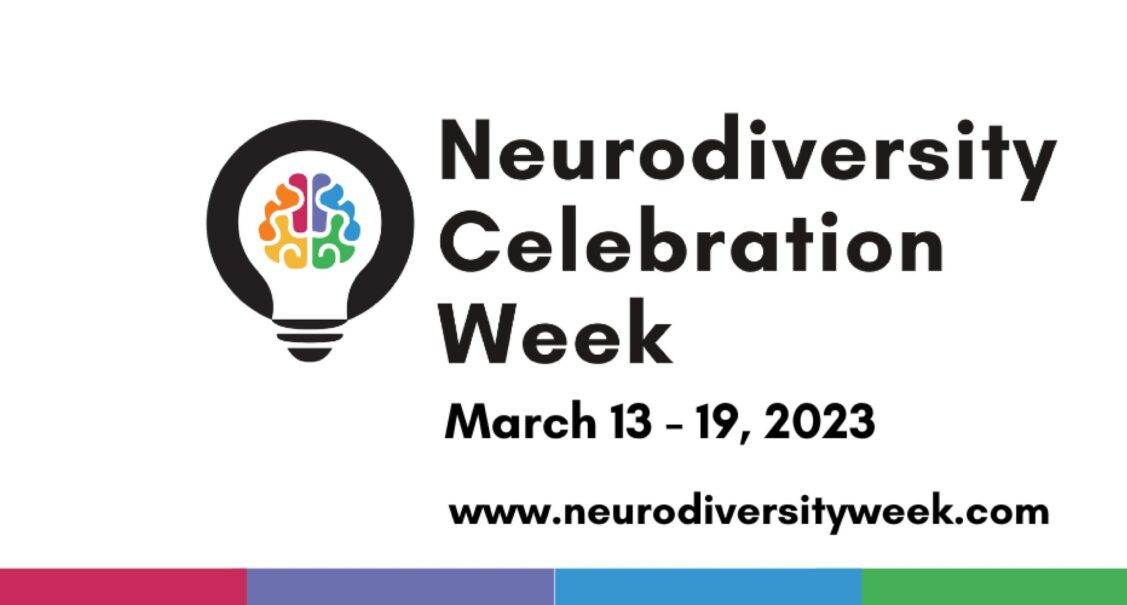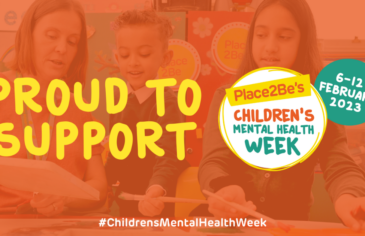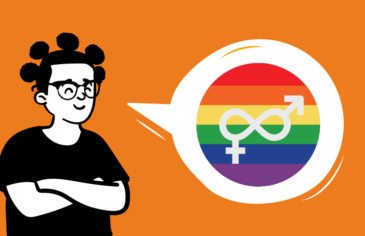Neurodiversity Celebration Week 2023
Celebrating different minds with Neurodiversity Celebration Week!
Written by Red Balloon Neurodiversity Champion, Anabel Stindt
Neurodiversity may appear to be everywhere these days, but the term itself is actually relatively new. First coined by Judy Singer in around 1998, it’s a term that refers to the importance of acknowledging- and celebrating- differences within our neurological functioning. So, of course, people have always been neurodivergent, but it took a while for society to find the appropriate language. And when we have the right language, we can start to make the necessary adaptations.
Neurodiversity is an umbrella term; we all fit under it and it refers to the fact that there is diversity within our thinking. Neurotypical people are those who think in a way that society sees as ‘the norm’, so someone who is not neurodivergent. And someone who is neurodivergent is a person who has a brain which thinks in a way which is different to the norm, so for example someone who is autistic or has ADHD or dyslexia.
So why does it matter? Well, it matters because society is set up to work for neurotypical people, so in general, neurodivergent people are at a disadvantage. There are of course times when this is not the case, and when thinking differently can actually give you an advantage. Neurodivergent people’s unique minds have led to some of the most brilliant scientific discoveries and artistic works! But for many neurodivergent people, the amount of energy that it takes to function in a neurotypical society, can leave them with very little left to actually achieve their full potential.
Someone who is defined as neurodivergent has a neurodevelopmental condition. This means that they were born with the conditions and it has always affected their development and continues to affect their lives as adults. This is not something that magically disappears when people turn 18. It may appear so, but that is generally because the person has become very good at masking, in other words covering up their natural behaviours in a way which makes them appear to be fitting the norm.
There are several neurodevelopmental conditions which result in someone being defined as neurodivergent, and there is some debate over what should be included, but as a starting point, here are a few of the most common.
Autism
Autism Spectrum Condition (ASC), also referred to as ASD (Autism Spectrum Disorder), is a condition which affects people in different ways, but the main challenges tend to involve the areas of social interaction and communication, sensory sensitivities and restricted and repetitive behaviour and interests.
ADHD
Attention Deficit Hyperactivity Disorder is a condition which results in challenges with executive functioning and self-regulation in general. It tends to make planning and organising of any sort difficult, and it can also make it much more challenging to regulate one’s emotions and reactions to others. People with ADHD are often impulsive and find it difficult to stick to specific routines. The name itself is very misleading; people with ADHD do not have a deficit of attention, but rather a struggle with how to manage that attention effectively.
Dyslexia
According to the British Dyslexia Organisation, dyslexia is ‘ a learning difficulty that primarily affects the skills involved in accurate and fluent word reading and spelling.’ It’s essentially a different way of processing information or seeing the world. It’s important to remember that struggling with these skills is not an indication of someone’s intelligence.
Dyscalculia
This condition results in people struggling to understand numbers, which makes studying maths very challenging.
Dyspraxia or DCD
DCD ( Developmental coordination disorder) , also known as dyspraxia, is a neurodevelopmental condition which affects physical coordination. It can make daily life challenging for people, as they might struggle with any number of coordination-related skills.
Neurodevelopmental conditions are a lot more common than many people think. The neurodiversity movement asks us to consider how much richer our world might be if we were to remove barriers for neurodivergent people, rather than expect them to fit into society as it is. Imagine what people could achieve if they weren’t having to use all their energy just to survive.
Learn More
So if you’re neurotypical, why not find out more about one or more of these different conditions? You might be amazed! And if you’re neurodivergent, know that you’re not alone, even though it might often seem that way. Everyone’s unique way of seeing the world is valid and should be celebrated!
Check out the Neurodiversity Celebration Week website for some fantastic resources and to register for one of the many events that are happening this week.




